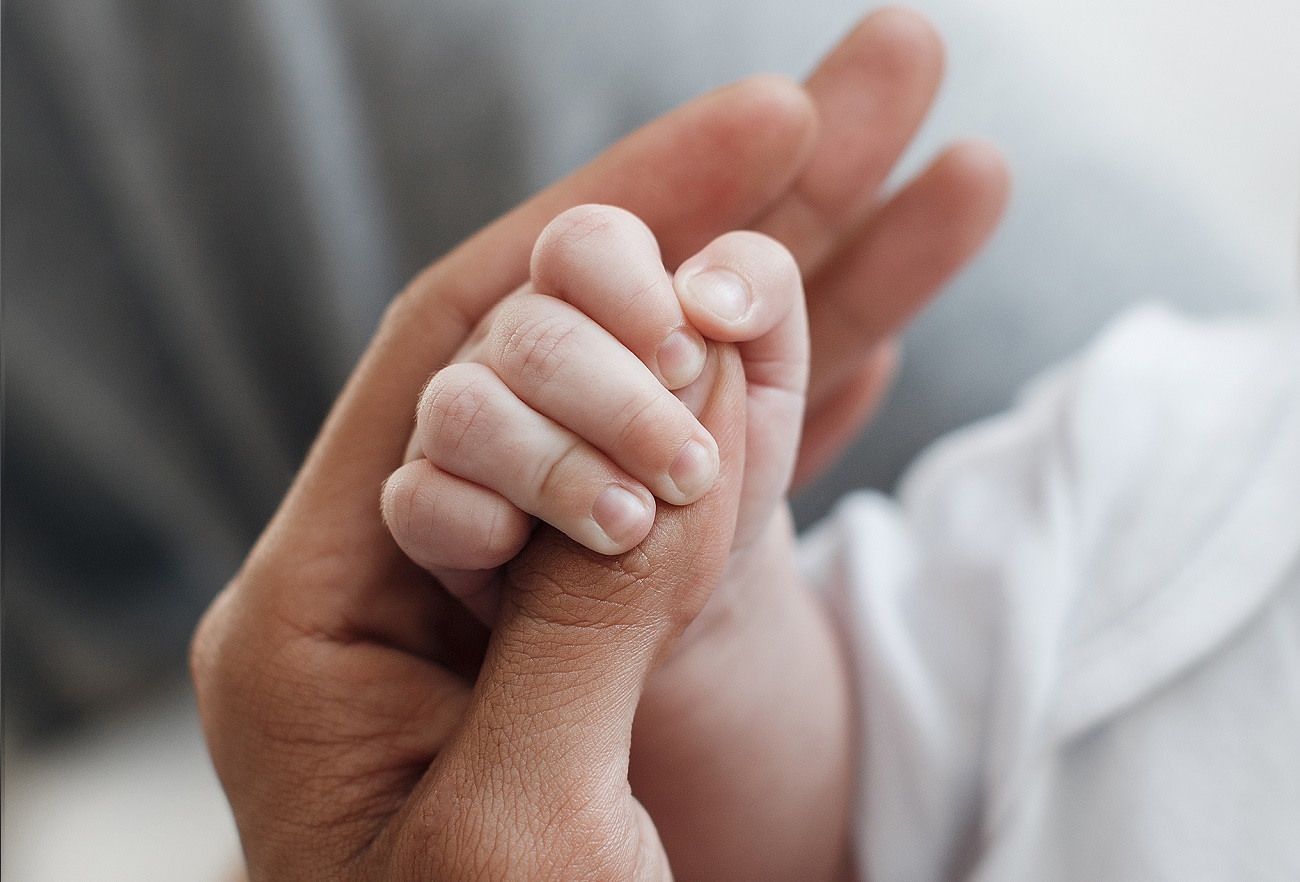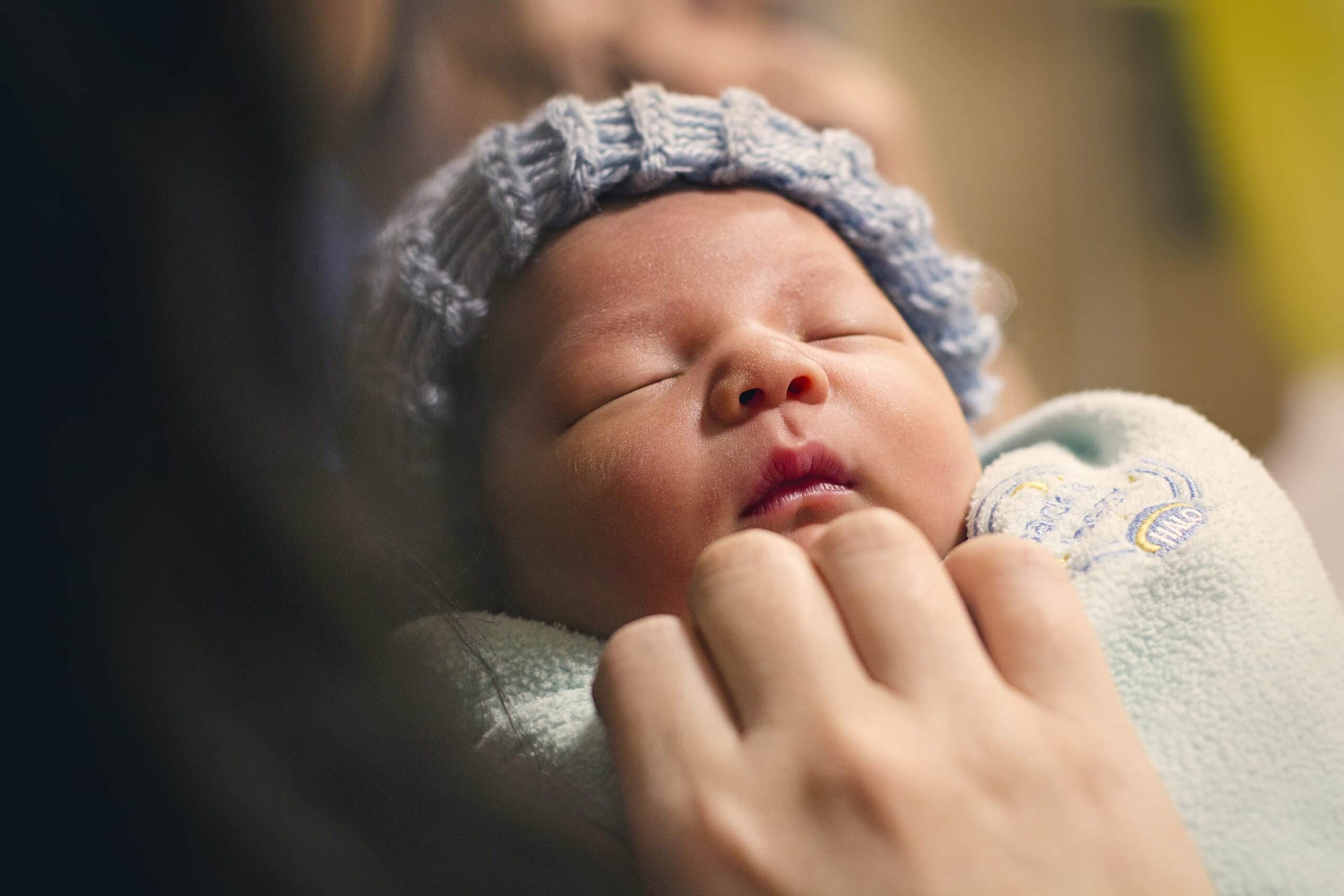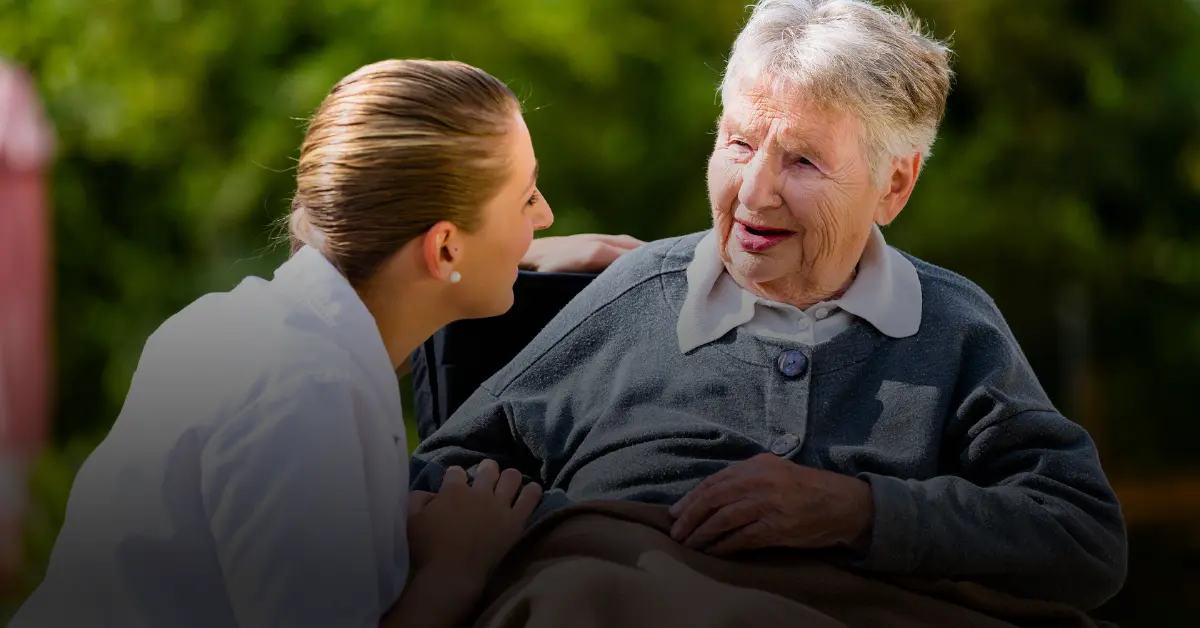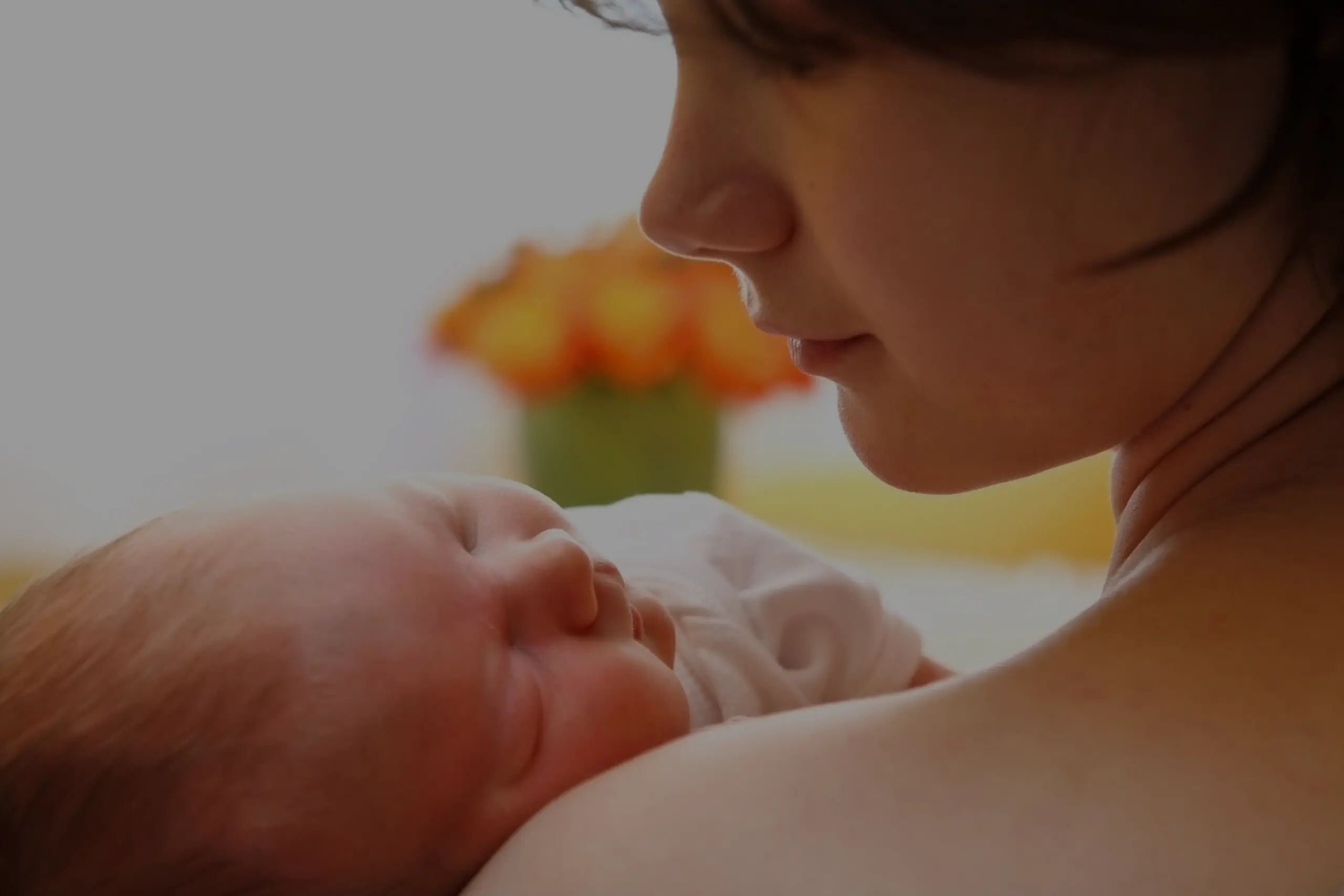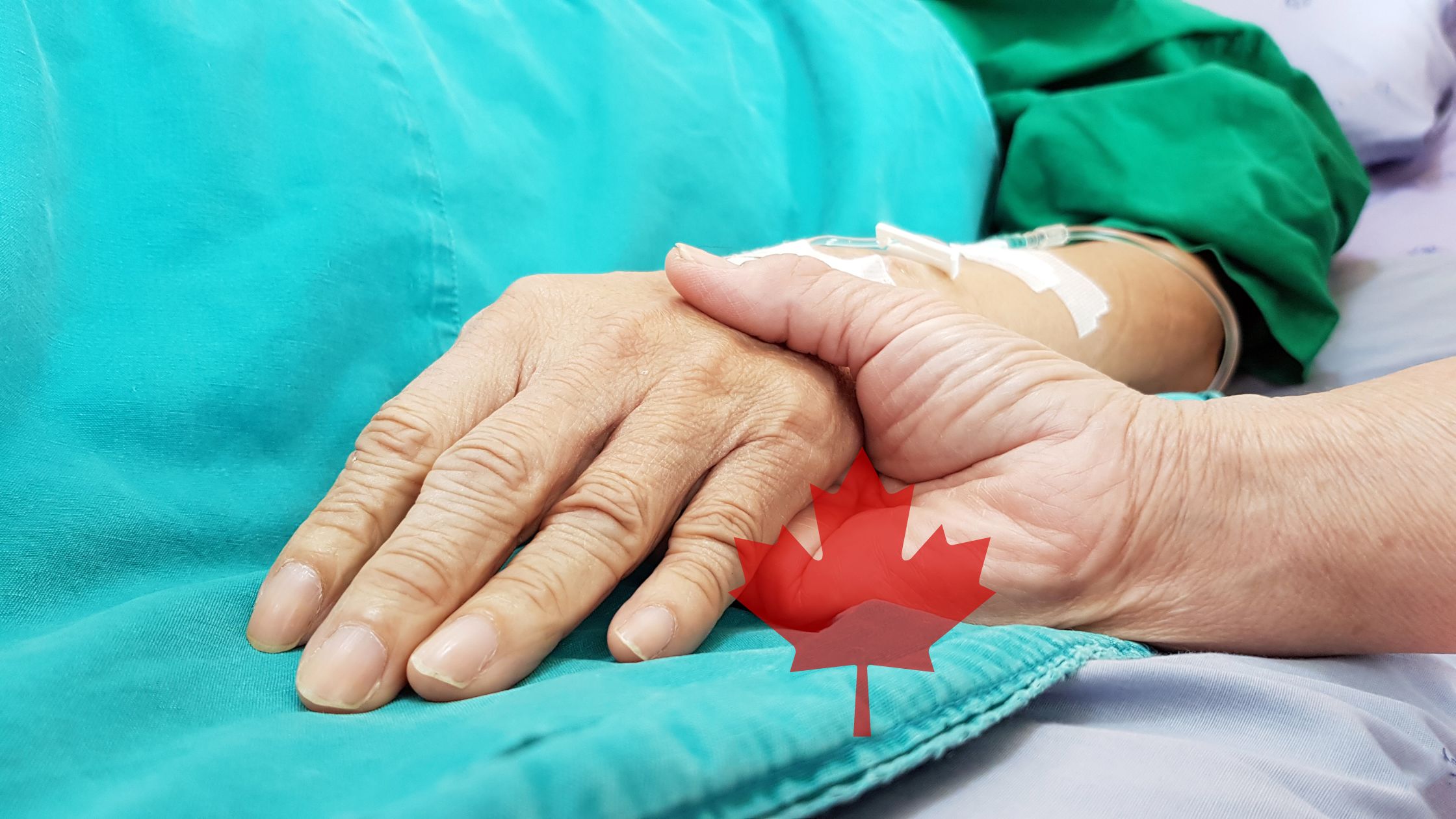The European Court of Human Rights has ruled against Poland following a challenge brought by a woman who had travelled abroad for an abortion after the country’s Constitutional Tribunal struck down eugenic abortion in 2020.
Continue readingLife at Risk: A Defining Week for the UK
In the span of just five days, the British Parliament took two deeply troubling steps that threaten serious consequences for the legal protection of human life.
On Tuesday, 17 June, Members of Parliament (MPs) voted 379 to 137 to decriminalise abortion — removing all criminal penalties for women who end their pregnancies at any stage. This decision eliminates essential legal protections for both mothers and babies, including for dangerous at-home abortions that take the lives of fully viable babies up to birth.
Just three days later, on Friday, 20 June, MPs also voted to move forward with a bill that would legalise assisted suicide for terminally ill patients, empowering doctors to prescribe lethal drugs to those deemed to have less than six months to live.
Together, these decisions send a deeply unsettling message: that life is only worth protecting when it is considered supposedly healthy, wanted, or useful.
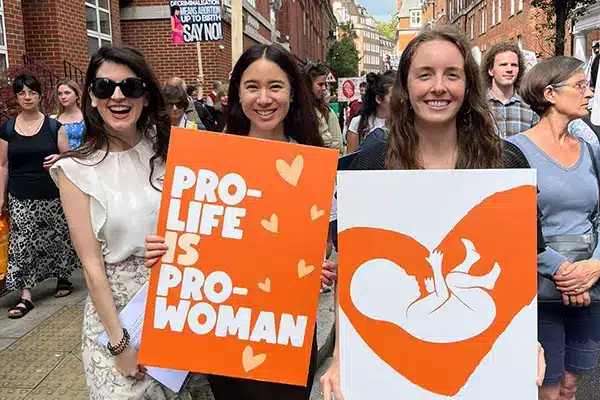
Abortion Up to Birth — After Just Two Hours of Debate
The vote to decriminalise abortion took place with only two hours of debate — despite the sweeping implications of the proposal.
While current UK law already allows abortion beyond 24 weeks in a range of broadly defined circumstances, this amendment removed critical legal protections for viable babies in the womb and for women in difficult situations.
Supporters presented the move as an act of compassion toward women, but in reality, only 1% of British women support abortion until birth.
What the law now permits is not just rare: it is extreme. It removes protections that help prevent dangerous, self-managed, late-term abortions and leaves women to face serious risks alone, often in desperation.
This is not compassion. It is abandonment.
Assisted Suicide: A Dangerous Precedent
The bill to legalise assisted suicide follows the same deeply flawed logic. If passed, it will enshrine into law the false logic that ending a life can be an acceptable form of care. While its advocates insist it will be accompanied by “safeguards,” evidence from other countries tells a different story.
Take Canada, for example. Less than ten years after assisted suicide became legal, it now accounts for 4% of all deaths nationwide — a figure that continues to climb. Vulnerable people, especially those who are elderly or disabled, report feeling pressured toward death when what they truly need is support, dignity, and community.
Once a healthcare system begins to treat death as a solution, it becomes the cheaper, easier, and ultimately, default response.
A Culture of Abandonment — Not Autonomy
Both the abortion amendment and the assisted suicide bill were framed as measures that expand personal freedom. But in truth, they represent a profound abandonment — wrapped in the language of choice.
When the law permits abortion at 35 weeks, or offers lethal drugs in place of palliative care, it tells society that life is no longer sacred. Instead, the right to life is treated as negotiable — granted only to those society deems worthy.
A Better Vision for Britain
But this is not the only way forward.
There is another Britain — one that values every human life, from the youngest child in the womb to the most fragile person nearing life’s end. It is a Britain shaped by the truth that every person bears God’s image and possesses inherent dignity.
Both measures now go to the House of Lords. While the abortion amendment cannot be fully blocked, it can still be challenged and delayed. The assisted suicide bill, meanwhile, faces opposition from many peers who have pledged to resist its advance.
The Lords must give these bills the scrutiny they lacked in the Commons — and ask the hard questions others ignored.
This is a moment that calls for moral clarity. For people of faith to respond — not only in Parliament, but in practice. By supporting mothers in crisis. By walking with the dying. By upholding the dignity of the disabled. And by telling a different story: that every life is a gift, and that no one is beyond the reach of love.
Britain is facing a crossroads. And now, more than ever, we must have the courage to say no to death — and yes to life, in every stage, and every circumstance.
U.S. Reaffirms There Is No ‘Human Right’ to Abortion; Rejoins the Geneva Consensus Declaration
- US rejoins coalition of 40 countries standing against the creation of a “faux” international human right to abortion
- Declaration affirms that “every human being has the inherent right to life”
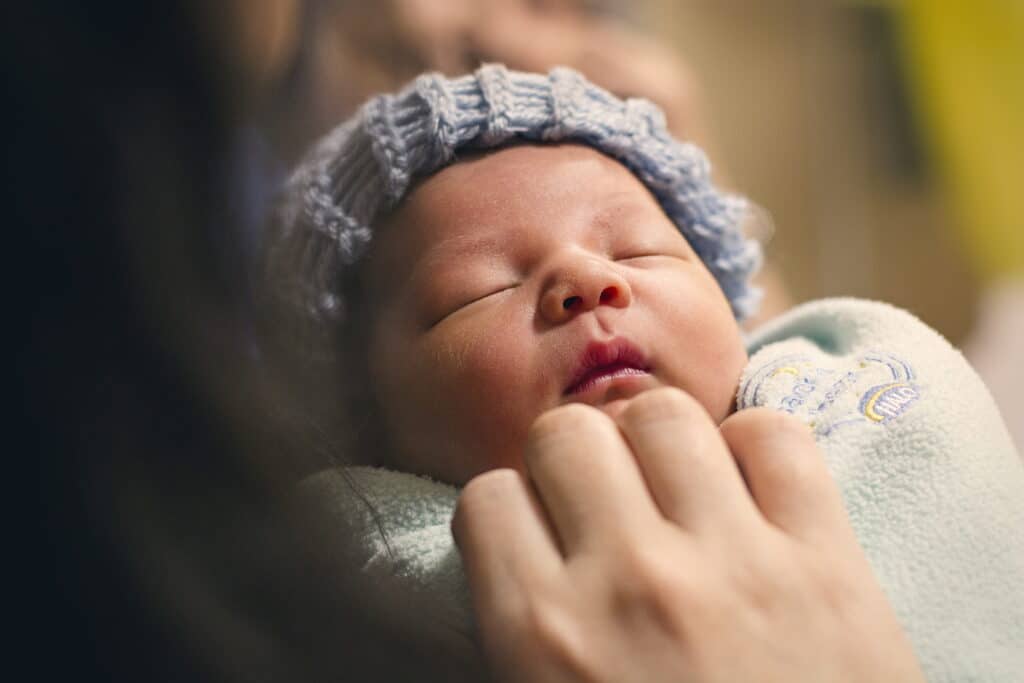
New York (27 January 2025) – A communication from the United States Mission to the United Nations has announced that the U.S. will rejoin the Geneva Consensus Declaration, a coalition of governments united around a pro-life policy stance.
Adopted in October 2020, the coalition is comprised of now 40 signatory countries that uphold the right to life of the unborn and affirm national sovereignty with regard to pro-life laws and policies.
“Returning the U.S. to the coalition carries significant legal weight in that it prevents the emergence of a false ‘human right’ to abortion by customary international law."
- Elyssa Koren, International Human Rights Lawyer, ADF International
The U.S. was a founding member of the Geneva Consensus Declaration. The Biden Administration exited the coalition by Executive Order on 28 January 2021.
The Declaration affirms that, “every human being has the inherent right to life” and declares that there is no international obligation to promote or fund abortion. It further emphasizes holistic strategies for advancing women’s health and well-being, including maternal care, education, and economic development.
In addition, the Trump administration reinstated by Executive Order an expanded version of the Mexico City Policy, a mainstay of every Republican administration since 1984, which prohibits international non-governmental organizations that perform or promote abortion from receiving federal funding.
“By rejoining the Geneva Consensus Declaration and reinstating the expanded Mexico City Policy, the United States is committing to advancing a pro-life stance on the world stage, making clear that there is no so-called international ‘human right’ to abortion. This is a massive shift away from the virulent abortion promotion that characterized the Biden administration’s international engagement, particularly in the developing world,” commented Elyssa Koren, an international human rights lawyer for ADF International.
“The United States is saying no to the imposition of abortion pressure on sovereign nations. Rejoining the Geneva Consensus Declaration is sure to have a profound effect on governments that are trying to uphold their pro-life laws in the midst of extreme pressure from the pro-abortion lobby. Further, returning the U.S. to the coalition carries significant legal weight in that it prevents the emergence of a false ‘human right’ to abortion by customary international law.
“Life is a human right, and how American taxpayer dollars are deployed should reflect that truth. The expanded Mexico City Policy does just that,” Koren further stated.
Valerie Huber, the architect of the Geneva Consensus Declaration from the Institute for Women’s Health, stated:
“I commend President Donald J. Trump for fulfilling his promise to rejoin the Geneva Consensus Declaration (GCD), a first-of-its-kind global coalition of nations dedicated to improving women’s health, strengthening families, affirming that abortion is not an international human right, and upholding the sovereign right of nations to govern free from ideological colonialism.”
Huber’s statement in full can be found here.
Images for free use in print or online in relation to this story only
PICTURED: Elyssa Koren, International Human Rights Lawyer, ADF International
From Belgium to Canada, Euthanasia Signals a Deep Crisis of Meaning
Nobody should be offered death as the solution to suffering
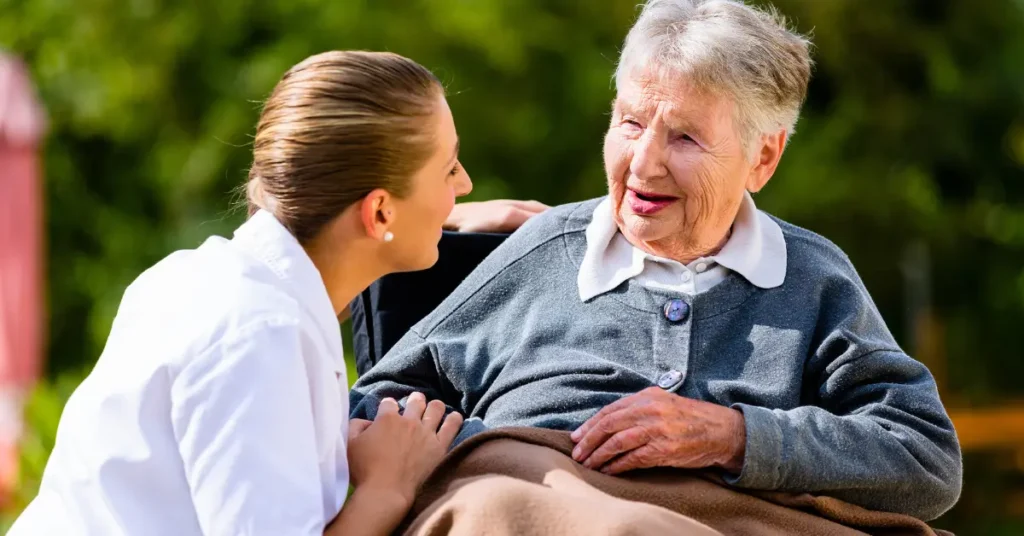
In 2002, Belgium and the Netherlands became the first countries to legalize euthanasia. Since then, other countries have followed suit, and more countries are considering it.
Whether called “euthanasia”, “assisted suicide”, “medical aid in dying”, or “MAID”, the act involves a medical professional intentionally and prematurely ending a patient’s life.
At the outset, legislators frequently stress that euthanasia should be seen as a last resort, intended to be a compassionate approach to end a person’s suffering.
However, the experience of countries that have legalized euthanasia shows that more and more people seem to be requesting to die than anyone imagined or expected.
This is often because many people lack the social, economic, psychological, and palliative care support they need to live.
In 2016, Canada legalized euthanasia nationwide and has since become the fastest-growing euthanasia regime in the world, posing a somber warning to the rest of the world.
Rising healthcare and social security costs, the widespread reality of cognitive and mental health challenges, and conceits about autonomy and control are just some of the factors that will make euthanasia one of the most dramatic life issues of the 21st century.
Like our other Generational Wins—our core priorities—preventing euthanasia is not only a legal battle but also a cultural one. Advocates like Amanda Achtman in Canada are focused on raising awareness about euthanasia in the public square from a cultural standpoint through her Dying to Meet You project.
How euthanasia gains popularity
Across jurisdictions, public opinion about euthanasia has been driven by court decisions, political campaigns, lobby groups, and media.
When a doctor in the Netherlands euthanized her mother in the 1970s, the physician was treated leniently and given a weeklong probation rather than a long prison sentence. This sparked the erosion of norms surrounding a doctor’s responsibility to do no harm, even upon the patient’s request.
In Belgium, the euthanasia law was ushered in following the political victory of a left-wing coalition in the 1999 federal election that defeated the Christian Democrats.
In Canada, the lobby group Dying with Dignity has campaigned for more than 40 years to promote and expand legal euthanasia. Exerting considerable pressure, this organization has lobbied politicians, mounted legal challenges, and run marketing campaigns to bolster public support for “MAiD”.
Proponents of euthanasia will usually highlight the stories of individuals who are suffering profoundly and who seem to be making the request to die with full consent and even with the support of their family and friends. Similarly, such stories have become the basis for influential movies and even advertisements.
Since all human beings suffer, the prospect of avoiding or eliminating it is a temptation. Without question, a suffering or vulnerable person summons relief and help; killing the person is never the appropriate way to end his or her suffering.
Once euthanasia is legalized, it will not be limited
When the Canadian government legalized euthanasia, they enacted certain so-called “safeguards”. At first, the patient’s death needed to be deemed “reasonably foreseeable.” Only adults capable of consenting could receive euthanasia. They had to make their request in writing before two witnesses and undergo a mandatory 10-day reflection.
Not even five years later, the government began loosening the requirements and expanding euthanasia to broader demographics. This is because if euthanasia is seen to be a reasonable means of ending suffering, then there is no serious basis on which a person should be excluded from having the option.
On the grounds of equality, euthanasia was expanded to persons suffering but not imminently dying, to persons with disabilities and various neurological conditions, and to others. Unfortunately, this has led to a tremendous devaluing of life within the public healthcare system.
A man with disabilities says he’s been offered euthanasia “multiple times.” A woman with disabilities says a nurse accused her of being selfish for not considering euthanasia. One woman says she was offered MAiD instead of cancer treatment. A mother says her 23-year-old son, who has diabetes and partial vision loss, was scheduled to die by MAiD until she intercepted the process and went to the media.
Legal euthanasia is destroying the doctor-patient relationship and eroding trust between healthcare professionals and families. Prematurely ending a patient’s life through killing is completely different than helping a person to live well until their natural death.
Tackling euthanasia and assisted suicide as a new threat to life
Some people do not have strong opinions about euthanasia because they figure that it is a matter of individual freedom and personal decision. That is what Tom Mortier thought until he received the shocking call that his mother had been euthanized. His mother had struggled with depression but was otherwise physically healthy. Her psychiatrist did not think she satisfied the legal requirements for euthanasia under Belgian law. But Tom’s mother was diagnosed with “incurable depression” and then euthanized by an oncologist with no psychiatric expertise.
Robert Clarke, the Deputy Director of ADF International, represented Tom Mortier before the Court of European Human Rights. In October 2022, the Court ruled that Belgium violated the right to life of Tom Mortier’s mother.
ADF International intervened in another recent euthanasia case. In Hungary, a man suffering from ALS challenged his country’s ban on assisted suicide. ADF International argued in favour of Hungary’s existing stance and defended the country’s obligation to protect the right to life because there is no “right to die.” In June 2024, the European Court of Human Rights ruled in favour of Hungary’s right to prohibit assisted suicide to protect life.
While winning legal cases is important, it’s also important to win in the court of public opinion.
Canada and beyond: Dying to Meet You
A glimmer of hope is Canadian Amanda Achtman, and her mission is to prevent euthanasia and encourage hope throughout her home country and beyond. She founded a project called ‘Dying To Meet You’ through which she engages people in conversations on suffering, death, meaning, and hope. A key feature of her advocacy involves giving a platform through short films to those whose voices have been sorely lacking from the euthanasia debates. In one short film, she interviews Christine Nagel, an 88-year-old woman who decided to get a tattoo that says, “Don’t Euthanize Me.”
In another, Achtman interviewed Eulalia Running Rabbit, an Indigenous Canadian woman who says, “I don’t think it’s right for the government to push euthanasia on the Nations. We really believe the Creator is the one who’s going to take us back.” In another, she interviewed Roger Foley, a Canadian man with disabilities who says he’s been offered euthanasia “multiple times” as he fights for the support he needs to live.
In addition to writing, speaking, and appearing on podcasts and in documentaries about euthanasia, Achtman also organizes events to engage diverse faith and culture communities in end-of-life conversations. For example, she recently organized an event at Adath Israel Congregation in Toronto featuring Rabbi Dr. David Novak, a renowned Jewish thinker who wrote his dissertation on suicide.
During his presentation, Dr. Novak stated, “Nobody really lives unless they’re convinced that somebody else wants them to live. […] And this is an indictment of our much-praised Canadian health service: that it is now recommended to people that they would be better off dead than alive.”
Hope for a wounded world
Achtman is committed to advancing a positive and proactive alternative vision to a euthanasia society because, as she puts it, “As long as euthanasia is legal in Canada, my generation cannot grow up properly. Our growth and development are stunted when we lack opportunities to be called out of ourselves.”
To learn more about her and Dying to Meet You, visit the project online.
Conclusion: Every single person has dignity
Euthanasia is one symptom of our wounded world. The person who asks for euthanasia is really wondering whether someone will love them enough to push back.
As euthanasia becomes more of a risk across Europe and throughout the West, it is crucial that we redouble our efforts to protect life. Whether at the beginning, end, or in between, every life has a purpose, and every life is worth defending.
Countries cannot be forced to introduce assisted suicide, rules Europe’s top human rights court
- European Court of Human Rights rules in favour of Hungary’s right to uphold legal protections prohibiting assisted suicide; rejects challenge brought by Hungarian national seeking to end his life due to progressive neurodegenerative condition.
- Ruling affirms the right of 46 member states of Council of Europe to maintain laws protecting life.
- ADF International intervened in case, arguing that states have an obligation to protect the right to life, there is no “right to die”.
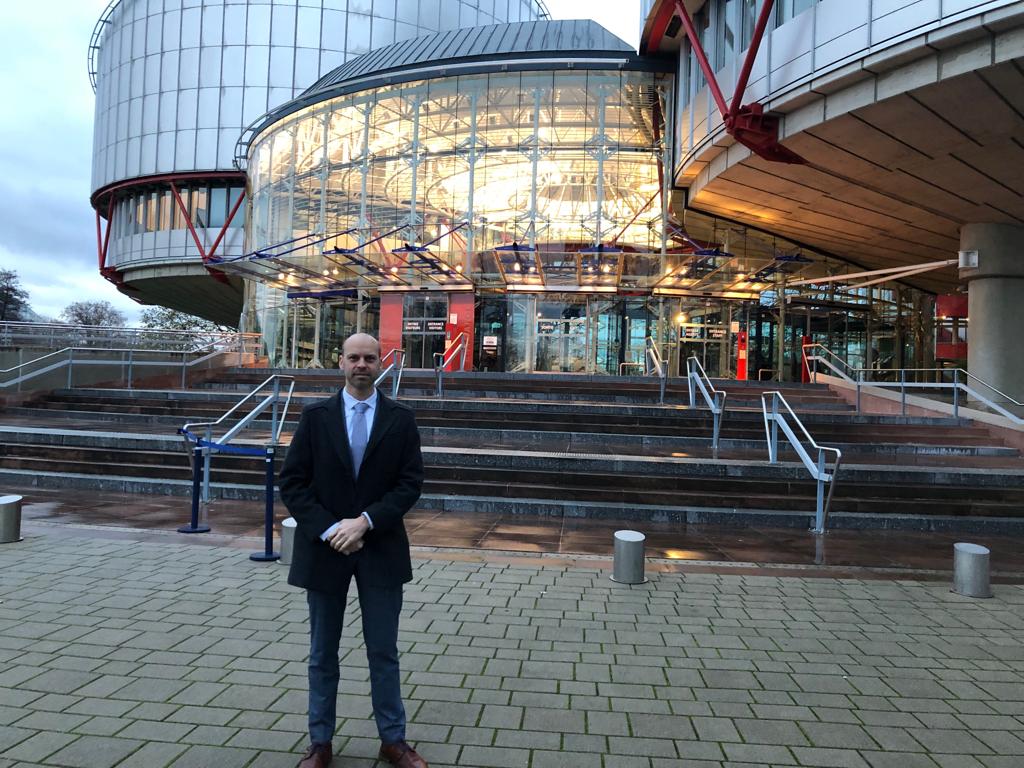
Strasbourg (13 June 2024) – The European Court of Human Rights has upheld the right to life by striking down a challenge seeking to permit assisted suicide in Hungary. Hungarian national Dániel Karsai, diagnosed with a progressive neurodegenerative condition, had sought to undermine Hungary’s legal protections for life by challenging its ban on assisted suicide.
“Instead of abandoning our most vulnerable citizens, society should do all it can to provide the best standards of care."
- Jean-Paul Van De Walle, Legal Counsel and leading lawyer on the case for ADF International
In its decision, the Court affirmed that prohibition of assisted suicide is in line with the country’s obligations under international law to protect life. Additionally, as the court pointed out, “the majority of the Council of Europe’s member States continue to prohibit” euthanasia and related practices (§ 165).
“We applaud today’s decision by the European Court of Human Rights, which upholds Hungary’s essential human rights protections. Although we deeply empathize with Mr. Karsai’s condition and support his right to receive the best care and relief possible, it is clear from other jurisdictions that a right to die quickly becomes a duty to die. Instead of abandoning our most vulnerable citizens, society should do all it can to provide the best standards of care,” said Jean-Paul Van De Walle, Legal Counsel for ADF International.
ADF International, along with UK-based NGO Care Not Killing, intervened in the case of Karsai v. Hungary, arguing that Hungary’s legal prohibition on assisted suicide must be upheld in line with the obligation under the European Convention on Human Rights (Article 2) to protect the right to life.
Court: States are not required “to provide access” to assisted suicide
In its submission to the Court, ADF International highlighted the inevitable abuses that ensue when legal protections for the right to life are eradicated. The brief explained: “Removing such provisions from law creates a dangerous scenario where pressure is placed on vulnerable people to end their lives in fear (whether or not justified) of being a burden upon relatives, carers, or a state that is short of resources.”
The court held, as submitted by ADF International, that there is “no basis for concluding that the member States are thereby advised, let alone required, to provide access” to assisted suicide. (§ 143)
Seeking to legalize assisted suicide
Karsai, 46, wished to resort to assisted suicide before his physical condition further deteriorates. Hungary protects the lives of its citizens, including the vulnerable, by criminalizing the act of assisting somebody to end their life, whether the act is committed in Hungary or abroad. Mr. Karsai maintained that if he were to pursue assisted suicide outside of Hungary, the Hungarian Criminal Code would apply to anyone assisting him.
The ruling in Karsai v. Hungary confirms the 2002 decision made by the ECHR in Pretty v. UK, which involved a woman with ALS. Back then, the Court similarly ruled that the British ban on assisted suicide did not violate the Convention and was designed to prevent abuse of the vulnerable.
In today’s decision, the Court noted that “it is part of the human condition that medical science will probably never be capable of eliminating all aspects of the suffering of individuals who are terminally ill” (§ 158). However, it emphasized that “this heightened state of vulnerability warrants a fundamentally humane approach by the authorities to the management of these situations, an approach which must necessarily include palliative care that is guided by compassion and high medical standards” (ibid.).
Legalisation leads to abuses
“Worldwide, only a tiny minority of countries allow assisted suicide. Wherever the practice is allowed, legal ‘safeguards’ are insufficient to prevent abuses, proving most harmful to vulnerable members of society, including the elderly, the disabled, and those suffering from mental illness or depression. Suicide is something society rightly considers a tragedy to be prevented and the same must apply to assisted suicide. Care, not killing must be the goal we all strive towards,” Van De Walle explained.
ADF International argued in its brief that there is no so-called “right to die” but, in fact, a clear right to life. This position, in line with both European and international human rights law, underscores the dangers that would ensue from forcing Hungary to allow assisted suicide, highlighting that the intentional taking of human life can never be safe.
The European Court of Human Rights also recognised these dangers in the October 2022 ruling in Mortier v. Belgium, in which the the Court found that Belgium violated the right to life in the circumstances surrounding the euthanasia of Godelieva De Troyer.
As argued in ADF International’s intervention: “Despite alleged ‘safeguards’ and a ‘strict’ legal framework, young adults are euthanised because of ‘incurable depression,’ elderly people because of symptoms related to ageing, prisoners because of lack of access to appropriate mental health care or because of psychological suffering, twins because of becoming blind – to mention only some examples, among many others.”
Euthanasia and assisted suicide widely prohibited and rejected as “unethical”
Of the 46 Member States of the Council of Europe, only six have legalized assisted suicide. Legislators in the vast majority of countries have rejected the practice. The World Medical Association consistently and categorically has rejected the practice of euthanasia and assisted suicide as unethical. Countries that have legalized euthanasia now allow the intentional killing of children, those who are physically healthy, and those who have not given their consent.
In Resolution 1859 (2012), the Parliamentary Assembly of the Council of Europe stated unequivocally that: “Euthanasia, in the sense of the intentional killing by act or omission of a dependent human being for his or her alleged benefit, must always be prohibited.”
“Once we as a society open the doors to intentional killing, there is no logical stopping point. How do we distinguish between the person we talk down from the bridge and the person we let die at the hands of their doctor? The state is obligated to protect the fundamental value of human life. We should not set in motion legal changes that undermine this obligation to the detriment of all of society,” noted Van De Walle.
EU Parliamentarians endorse abortion in non-binding resolution; international law continues to protect life of both mother and baby
336 parliamentarians out of a total of 705 supported the motion; with 163 voting against and 39 abstentions.
Continue readingThe State’s Duty to Protect Human Life
Hungary safeguards human life with a legal prohibition on assisted suicide, criminalizing the facilitation of the practice both within and outside of the country. Diagnosed with ALS, a progressive neurodegenerative condition, Hungarian national Dániel Karsai has challenged this prohibition—taking his case to Europe’s top human rights court in an effort to force the government to allow someone to help end his life, thereby dismantling the country’s life-saving legal framework
Continue readingParenthood On Demand
The European Commission’s proposal to require member states to recognize surrogacy as an acceptable form of parenthood disregards the best interest of children and fails to uphold the principle of subsidiarity, writes ADF International’s Martina Divković.
Continue readingEuropean Top Human Rights Court declines to hear legal attack on Poland’s pro-life protection for unborn babies with disabilities
- In AM and Others v. Poland abortion advocates sued Poland saying they had a “right” to abort unborn babies with “fetal abnormalities”.
- ECtHR found their application inadmissible refusing to confirm a “right to abortion” under European human rights law.
Strasbourg (12 June 2023) – Is there a “right” to abort unborn babies with health conditions or special needs?
This was the question raised before the European Court of Human Rights in Strasbourg by an organised campaign of pro-abortion activists from Poland. On 8 June 2023 the Strasbourg Court rejected the application of eight Polish citizens claiming to be “potential victims”, of the recently changed Polish law protecting unborn children with disabilities from abortion. The applicants claimed that, hypothetically, they would not be granted abortions on the grounds of “fetal abnormalities” after the Constitutional Tribunal of Poland found that such a reason for an abortion would be contrary to the Polish constitution in 2020.
ADF International intervened in the case in support of the legal protections for children with disabilities. The Strasbourg Court held that the women had failed to produce any evidence that they were personally affected by the changes in Polish law to protect unborn children with disabilities. As a result the Court dismissed their applications stating that they made claims which were hypothetical and too “remote and abstract” to be considered by the court.
“Every child has a right to life – regardless of her health conditions. Children with special medical needs should be protected and cared for, a truly humane society will care for its weakest members. This is why international law calls for “appropriate legal protection, [for children] before as well as after birth”, as stated in the Convention on the Rights of the Child. Despite the pressure of a large scale organised pro-abortion campaign, the European Court of Human Rights court has refused to hold there is a “right to abortion” in international law,” said Lorcán Price, Legal Counsel for the legal advocacy organization ADF International.
The decision of the Polish Constitutional Tribunal to protect unborn children with disabilities led abortion advocates to launch a legal campaign against Poland. In AM and Others v. Poland the applicants claim that as women of child- bearing age, legal protections for unborn children with special needs or health conditions infringed on their “right to respect for family and private life” as guaranteed in Article 8 of the European Convention of Human Rights. However, Europe’s top human rights court has repeatedly confirmed, that “Article 8 cannot be interpreted as conferring a right to abortion.” (P. and S. v. Poland and A,B,C v. Ireland)
“The constant efforts to dehumanize unborn babies with disabilities such as those with Down Syndrome are deeply unjust. Across Europe almost all babies who are prenatally diagnosed with Down Syndrome are aborted: nearly 100 percent in Iceland, 98 percent in Denmark and 90 percent in the United Kingdom. Countries must protect the rights of unborn children with disabilities, we have an obligation to act in accordance with basic human rights which extend to all people,” Price continued.
Canada’s Euthanasia Program Will Soon Expand to Include Mental Illness
In March 2023, Canada will expand its already shockingly broad MAiD, or Medical Assistance in Dying, law, to make death-on-demand available to Canadians—including so-called ‘mature minors’—suffering from mental illness.
Continue reading


